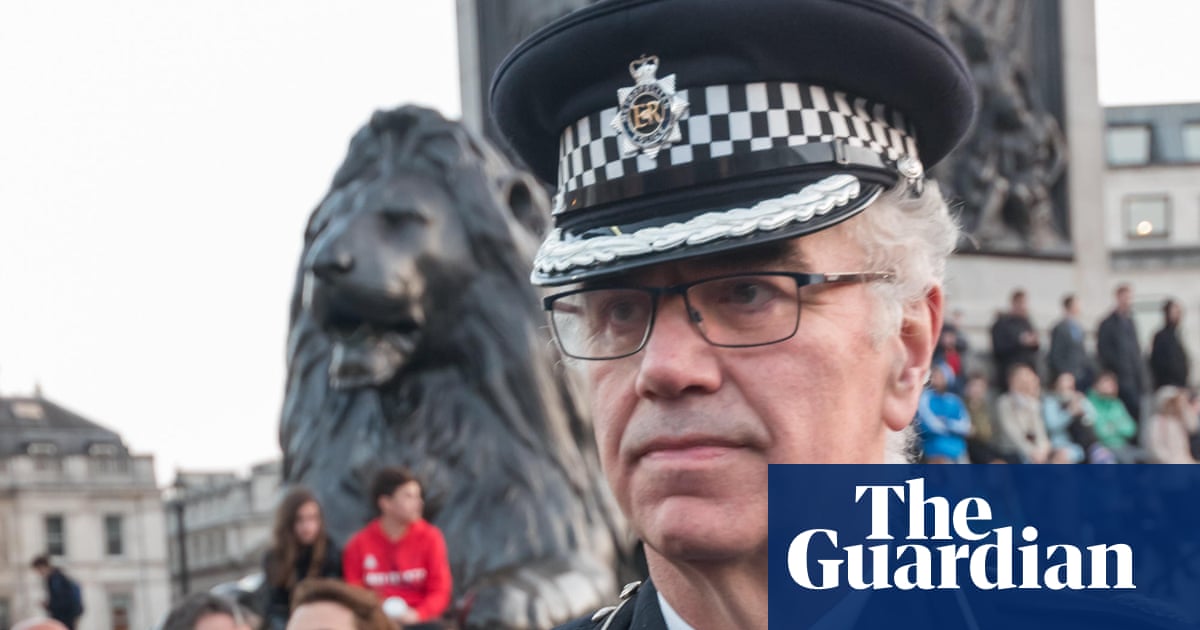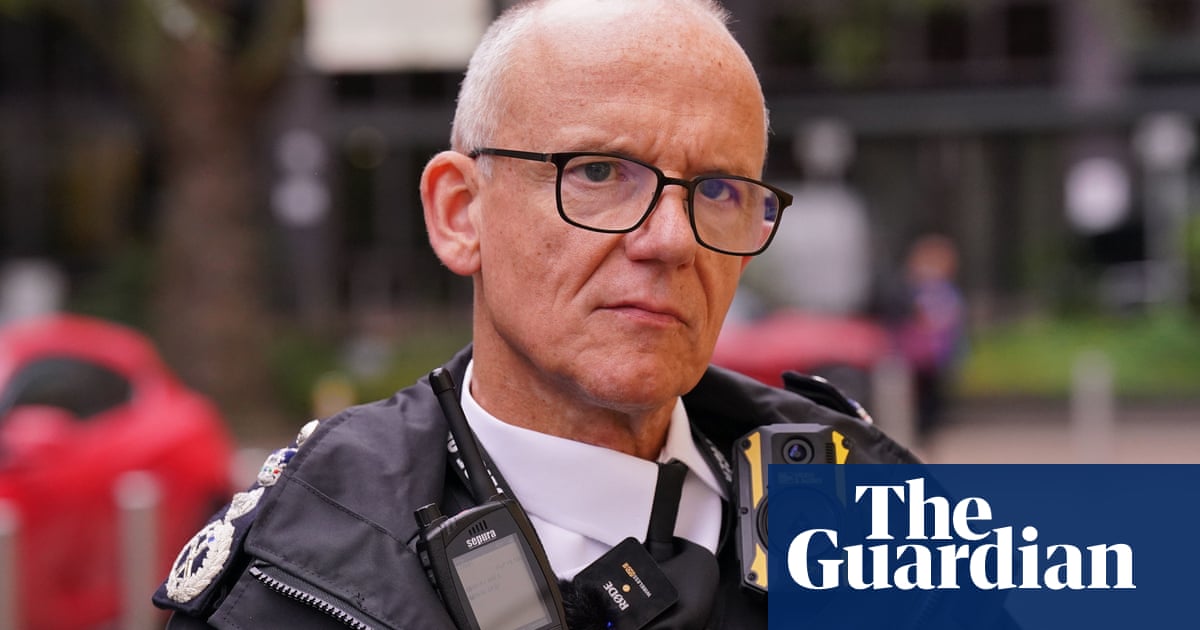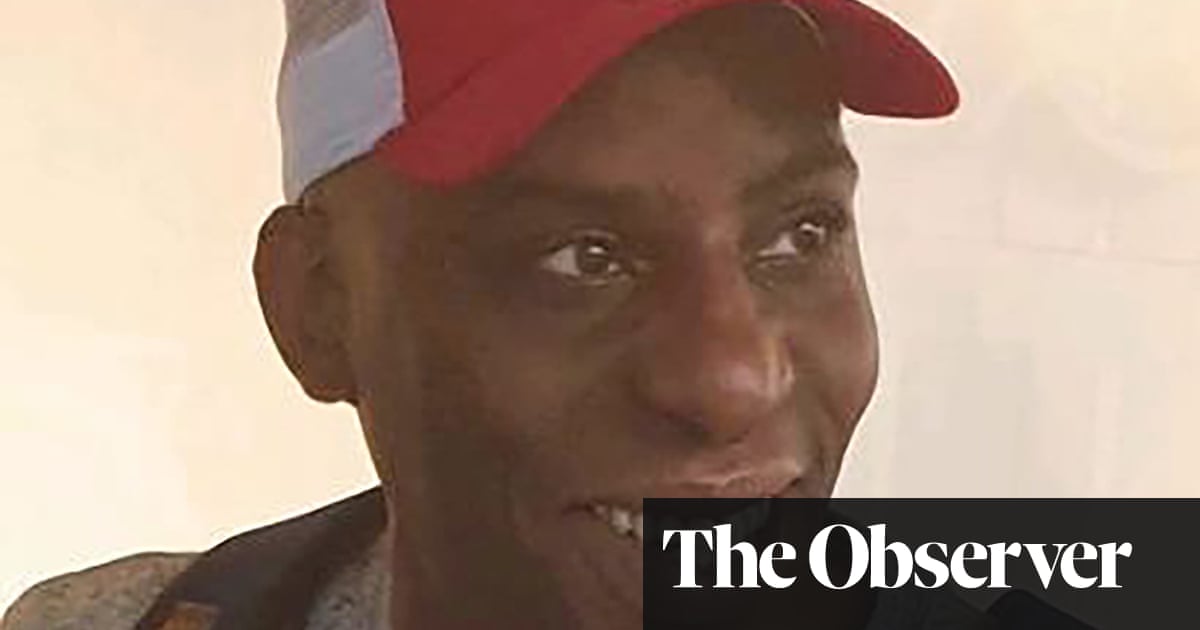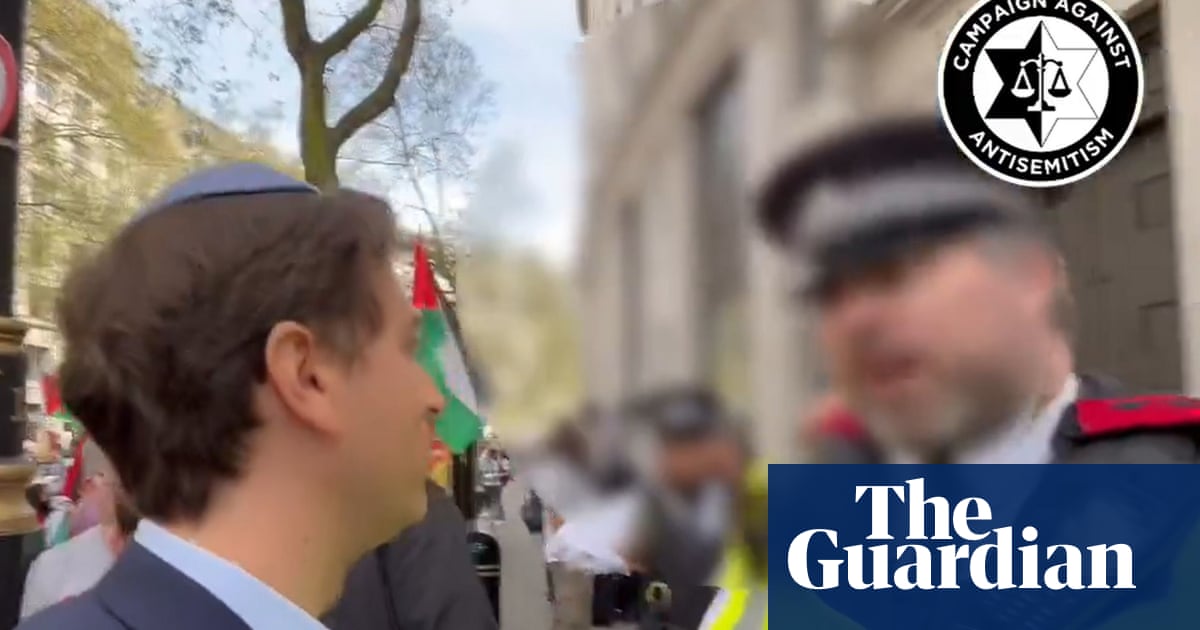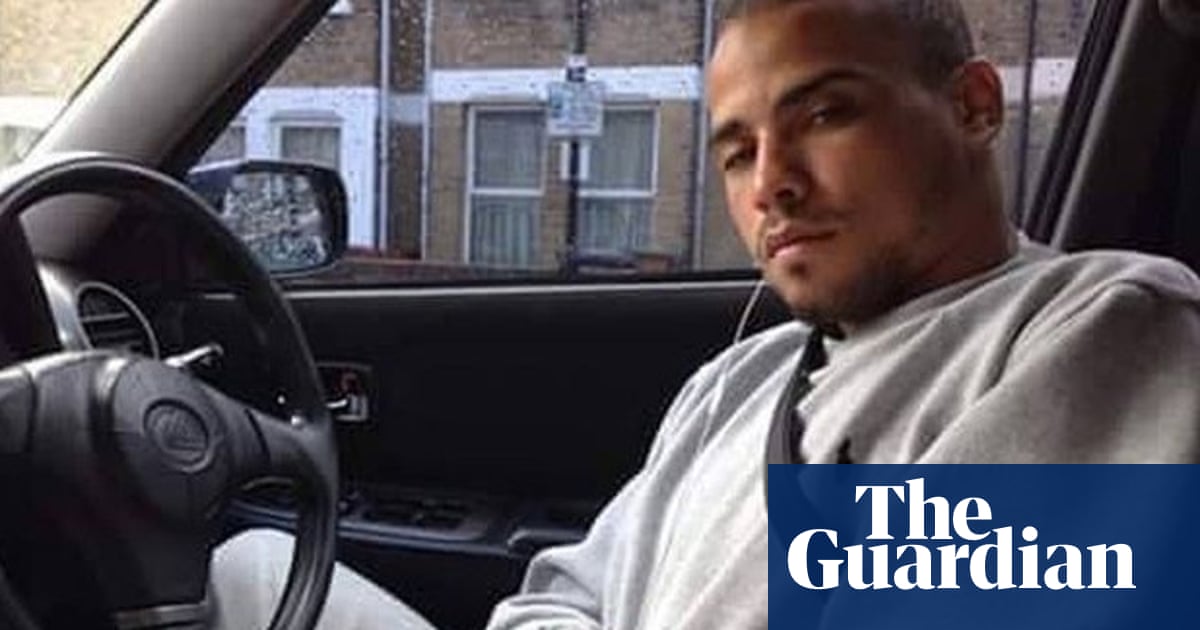
The Metropolitan police commissioner, Sir Mark Rowley, has been accused of “capitulation” to his firearms officers after his force criticised the decision to charge an officer who shot dead an unarmed man with gross misconduct.
The fresh row over armed policing broke out as the police watchdog confirmed a decision it first made five years ago that an officer known only as W80, who killed Jermaine Baker in 2015, should face a disciplinary hearing for alleged use of excessive force, which could result in him being sacked.
Margaret Smith, Baker’s mother, criticised the Met commissioner and his force for refusing to accept the police watchdog’s ruling that a gross misconduct hearing should be held, and the Guardian understands the force is expected to consult lawyers about a possible new challenge.
Baker’s mother has claimed her son was killed while raising his arms to surrender. In 2022 an inquiry found W80 acted in lawful self-defence and was honest in his mistaken belief that the suspect was reaching for a gun.
Baker was part of a gang plot to spring a prisoner from custody and police were laying in wait for him and his fellow criminals as they prepared near Wood Green crown court in north London.
W80, a counter-terrorism specialist firearms officer, shot Baker, who was sitting in a car, once at point-blank range. The officer had been briefed that the gang may have firearms.
The announcement came amid turmoil in the Met’s firearms command, with scores of armed officers refusing to conduct patrols after a colleague, NX121, was charged last week with murder for shooting dead unarmed Chris Kaba in south London in September 2022.
The crisis saw Rowley call for a change to the law and rules to make it harder to criminally investigate and prosecute police use of force.
The Independent Office for Police Conduct (IOPC) first decided in 2018 that the officer should face a disciplinary hearing . The case has been delayed after objections from the officer and Met, leading to a series of legal cases that have reached the supreme court.
The Met asked the IOPC to review its decision, the result of which was announced on Friday.
The IOPC – concerned about the alleged loss of objectivity by Britain’s biggest force – said it had asked the Met to enlist another police force to hold the hearing “given recent commentary about this case” and to “provide additional reassurance about the independence of the process”.
Smith said: “Such a step appears to be necessary in light of the commissioner’s statements in recent days … and his apparent capitulation to firearms officers’ demands for impunity. The commissioner’s position seriously calls into question whether … he and the MPS as an organisation have the will or the ability, in Jermaine’s case and others, to hold his officers to account for misconduct.”
Smith said the years of delays that some police complain about were caused by them: “What the commissioner fails to mention is that much of that delay has been brought about by W80 himself as he has spent the last four-and-a-half years trying to avoid a gross misconduct hearing by pursuing legal proceedings all the way to the supreme court. The commissioner also fails to mention that he himself played a part in that delay by actively supporting W80’s case throughout.”
After the police watchdog’s decision, the Met responded by maintaining its public disagreement with the IOPC and said it would seek legal advice.
Deputy commissioner Lynne Owens said the Met would “consider its next steps” and insisted her force was objective enough to hold any hearing.
“We will review the IOPC decision and reasons and consider our next steps,” it said.
“We do not accept that our wider call for support and legal reassurance for armed officers impinges upon our independence, nor the impartiality of the misconduct hearing process. We will be seeking legal advice in light of the IOPC’s request.”
The Met’s continued rebuff of the police watchdog won praise on social media from police-related accounts.
The IOPC’s acting director general, Tom Whiting, said: “We believe that it was the right decision in 2015 and remains so following the clear ruling from the supreme court in July.”
Baker was struck by a single shot that passed through his wrist and neck.
W80 said he fired because Baker failed to comply with his repeated shouted order to place his hands on the dashboard, but an audio device in the car did not pick up such words.
The officer claimed he acted in self-defence, believing Baker’s moving of his hands upwards was him reaching for a firearm in a bag slung over his chest.
In 2017 prosecutors decided the officer should not face criminal charges, and in 2022 an inquiry into the case was heavily critical of the Met operation leading up to the shooting, identifying 24 errors the force made in the operation that led to W80 and Baker coming face to face.
An inquiry found the shooting was lawful and its chair, Clement Goldstone QC, said: “W80 may have been tragically wrong in his belief but I am unable to conclude that it was not honestly held, nor is my conclusion negated by the errors in his account to the inquiry.”
An imitation Uzi gun was found in the rear footwell of his car, and intelligence that the gang only had a fake gun was not passed on to the armed officers. The inquiry found neither Baker nor two other men in the car had a weapon at the time.
A date for W80’s gross misconduct hearing has yet to be scheduled.






